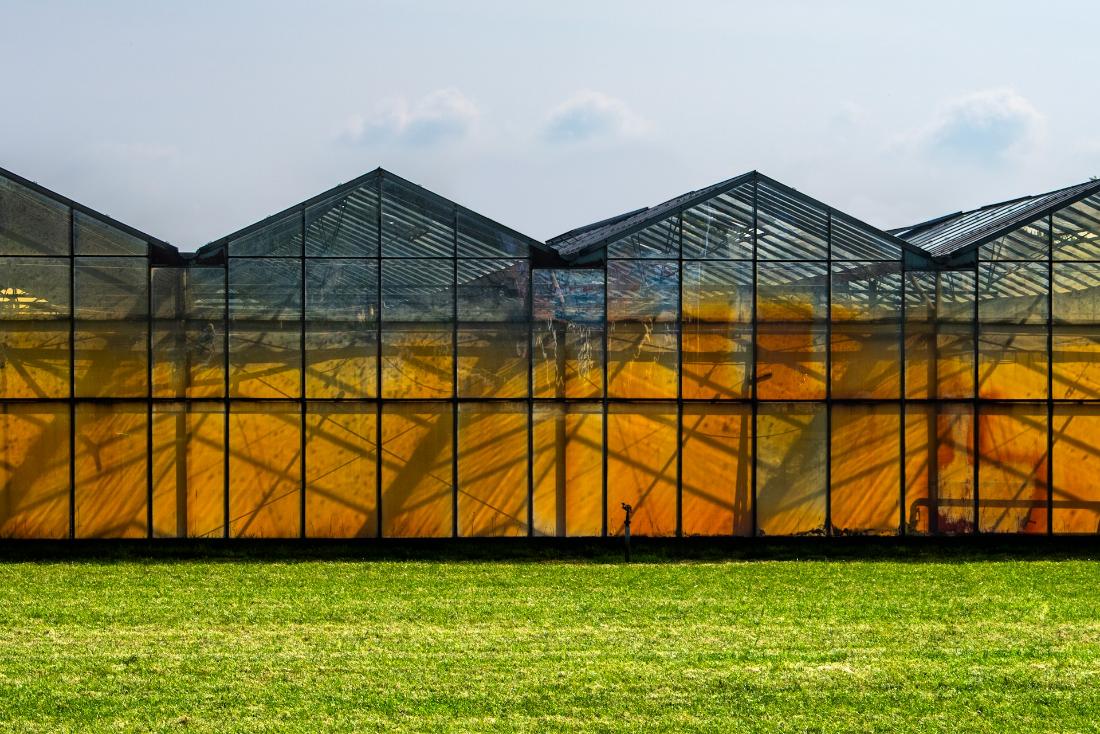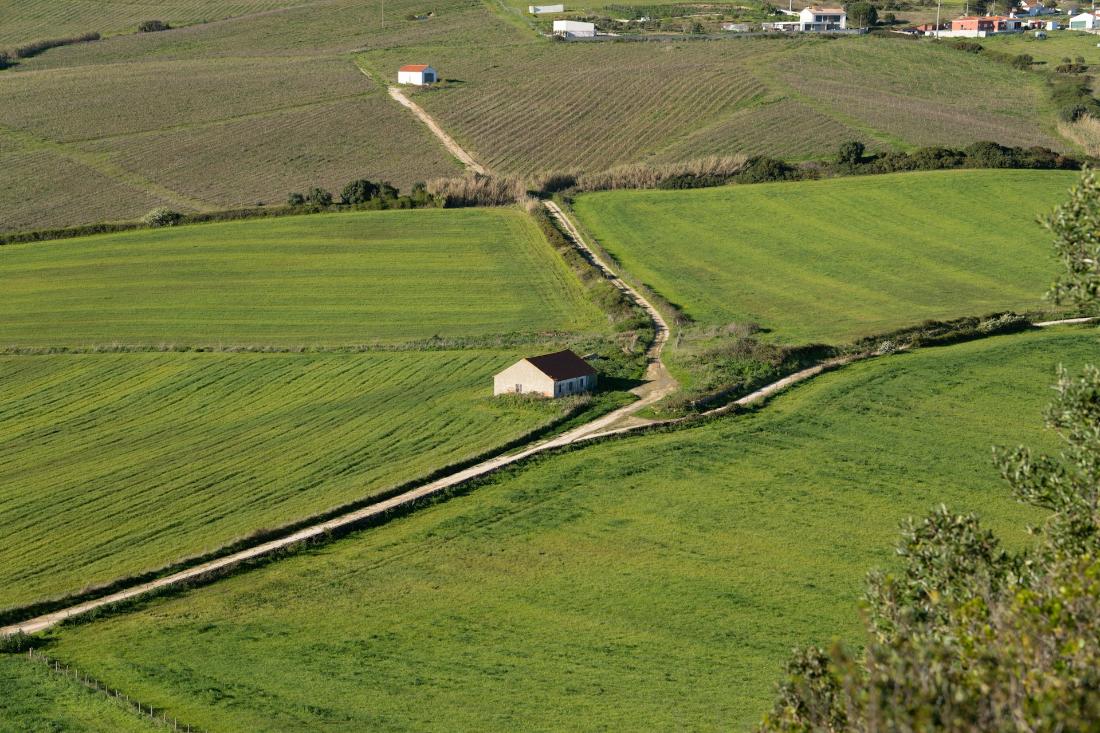Garden
Agricultural System Supplier in Malaysia: Pioneering Sustainable Farming Solutions
Jun 20 2025
Malaysia's agricultural sector stands at a critical juncture, where traditional farming practices intersect with cutting-edge technology to address modern challenges. From the vast oil palm plantations of Johor to the highland vegetable farms of Cameron Highlands, farmers are increasingly turning to innovative agricultural system suppliers to enhance productivity, sustainability, and profitability. These suppliers serve as vital partners in Malaysia's agricultural evolution, offering tailored solutions that combine local expertise with global technological advancements.
The role of an agricultural system supplier extends far beyond equipment provision. They function as strategic advisors, helping farmers navigate complex decisions about irrigation, crop management, livestock automation, and data-driven farming. In a nation where agriculture contributes significantly to both GDP and rural livelihoods, these suppliers play a crucial role in ensuring food security while promoting environmentally responsible practices.
The Changing Landscape of Malaysian Agriculture
Malaysian agriculture faces unprecedented challenges that demand innovative solutions. Climate variability has disrupted traditional growing seasons, with unpredictable rainfall patterns affecting crop yields. Labor shortages persist as younger generations migrate to urban centers, leaving farms understaffed. Simultaneously, global market pressures require Malaysian producers to meet increasingly stringent quality and sustainability standards.
Agricultural system suppliers have risen to meet these challenges by introducing technologies that optimize resource use while maintaining productivity. Precision farming tools now enable rice growers in the Muda Agricultural Development Area to monitor field conditions in real time, adjusting water and nutrient applications with unprecedented accuracy. In livestock operations across Negeri Sembilan, automated feeding systems ensure consistent nutrition while reducing feed waste. These advancements represent more than mere convenience—they are becoming essential tools for Malaysian farmers to remain competitive in a rapidly evolving sector.
The role of an agricultural system supplier extends far beyond equipment provision. They function as strategic advisors, helping farmers navigate complex decisions about irrigation, crop management, livestock automation, and data-driven farming. In a nation where agriculture contributes significantly to both GDP and rural livelihoods, these suppliers play a crucial role in ensuring food security while promoting environmentally responsible practices.
The Changing Landscape of Malaysian Agriculture
Malaysian agriculture faces unprecedented challenges that demand innovative solutions. Climate variability has disrupted traditional growing seasons, with unpredictable rainfall patterns affecting crop yields. Labor shortages persist as younger generations migrate to urban centers, leaving farms understaffed. Simultaneously, global market pressures require Malaysian producers to meet increasingly stringent quality and sustainability standards.
Agricultural system suppliers have risen to meet these challenges by introducing technologies that optimize resource use while maintaining productivity. Precision farming tools now enable rice growers in the Muda Agricultural Development Area to monitor field conditions in real time, adjusting water and nutrient applications with unprecedented accuracy. In livestock operations across Negeri Sembilan, automated feeding systems ensure consistent nutrition while reducing feed waste. These advancements represent more than mere convenience—they are becoming essential tools for Malaysian farmers to remain competitive in a rapidly evolving sector.
Core Technologies Driving Agricultural Transformation
Smart Irrigation and Water Management
Water scarcity concerns have propelled irrigation technology to the forefront of agricultural innovation. Modern systems employ soil moisture sensors connected to cloud-based platforms that analyze data from weather stations and crop requirements. This integration allows for dynamic irrigation scheduling that responds to actual field conditions rather than fixed timetables. In water-intensive crops like rice, such systems have demonstrated reductions in water usage by up to 40% without compromising yield quality.
Advanced Crop Monitoring Systems
The advent of drone technology has revolutionized field scouting and crop health assessment. Equipped with multispectral and thermal imaging capabilities, agricultural drones provide farmers with detailed insights into plant stress, nutrient deficiencies, and pest pressures. These aerial systems complement ground-based sensor networks that track microclimate conditions, creating comprehensive digital models of crop performance. The resulting data enables targeted interventions that minimize chemical inputs while maximizing treatment effectiveness.
Automated Livestock Management
Modern livestock operations increasingly rely on intelligent systems that monitor animal health and optimize feeding regimens. Automated milking parlors now record production data for individual dairy cows, flagging potential health issues through changes in milk composition or yield patterns. Similarly, precision feeding systems for poultry and swine operations adjust rations based on growth stage and environmental conditions, improving feed conversion ratios while reducing waste.
Controlled Environment Agriculture
Urbanization and land constraints have spurred interest in vertical farming and greenhouse technologies. These systems utilize hydroponic and aeroponic cultivation methods that dramatically reduce water requirements while enabling year-round production. Advanced climate control systems maintain optimal growing conditions by automatically adjusting temperature, humidity, and lighting parameters. Such technologies are particularly valuable for high-value crops like leafy greens and herbs, where consistent quality commands premium market prices.
Integrated Farm Management Platforms
The proliferation of agricultural data has given rise to sophisticated farm management software that consolidates information from multiple sources. These platforms provide decision-support tools for planting schedules, input applications, and harvest planning. By integrating financial tracking with operational data, they offer farmers a holistic view of their business performance, facilitating more informed management decisions.
Smart Irrigation and Water Management
Water scarcity concerns have propelled irrigation technology to the forefront of agricultural innovation. Modern systems employ soil moisture sensors connected to cloud-based platforms that analyze data from weather stations and crop requirements. This integration allows for dynamic irrigation scheduling that responds to actual field conditions rather than fixed timetables. In water-intensive crops like rice, such systems have demonstrated reductions in water usage by up to 40% without compromising yield quality.
Advanced Crop Monitoring Systems
The advent of drone technology has revolutionized field scouting and crop health assessment. Equipped with multispectral and thermal imaging capabilities, agricultural drones provide farmers with detailed insights into plant stress, nutrient deficiencies, and pest pressures. These aerial systems complement ground-based sensor networks that track microclimate conditions, creating comprehensive digital models of crop performance. The resulting data enables targeted interventions that minimize chemical inputs while maximizing treatment effectiveness.
Automated Livestock Management
Modern livestock operations increasingly rely on intelligent systems that monitor animal health and optimize feeding regimens. Automated milking parlors now record production data for individual dairy cows, flagging potential health issues through changes in milk composition or yield patterns. Similarly, precision feeding systems for poultry and swine operations adjust rations based on growth stage and environmental conditions, improving feed conversion ratios while reducing waste.
Controlled Environment Agriculture
Urbanization and land constraints have spurred interest in vertical farming and greenhouse technologies. These systems utilize hydroponic and aeroponic cultivation methods that dramatically reduce water requirements while enabling year-round production. Advanced climate control systems maintain optimal growing conditions by automatically adjusting temperature, humidity, and lighting parameters. Such technologies are particularly valuable for high-value crops like leafy greens and herbs, where consistent quality commands premium market prices.
Integrated Farm Management Platforms
The proliferation of agricultural data has given rise to sophisticated farm management software that consolidates information from multiple sources. These platforms provide decision-support tools for planting schedules, input applications, and harvest planning. By integrating financial tracking with operational data, they offer farmers a holistic view of their business performance, facilitating more informed management decisions.
Selecting the Right Agricultural System Supplier
Choosing an appropriate technology partner requires careful evaluation of several key factors. Suppliers with demonstrated experience in Malaysia's specific agricultural conditions bring invaluable local knowledge to implementation. They understand the challenges posed by tropical climates and can recommend solutions proven effective in similar environments.
Technical support capabilities represent another critical consideration. The most reliable suppliers maintain local service teams capable of prompt response to equipment issues, minimizing potential downtime. Many also offer training programs to ensure farm personnel can fully utilize purchased systems.
Financial considerations extend beyond initial purchase prices. Forward-thinking suppliers provide clear return-on-investment analyses and often facilitate access to government grants or financing options. This comprehensive approach helps farmers make sound long-term investments in their operations.
The Future of Agricultural Technology in Malaysia
Emerging innovations promise to further transform Malaysian agriculture in coming years. Artificial intelligence applications are beginning to enable predictive analytics for pest outbreaks and yield forecasting. Blockchain technology offers new possibilities for supply chain transparency and food safety verification. Renewable energy integration continues to advance, with solar-powered systems reducing operational costs while lowering environmental impact.
These developments position Malaysia to become a regional leader in sustainable tropical agriculture. By embracing technological solutions while maintaining the wisdom of traditional practices, Malaysian farmers can build resilient operations capable of meeting future challenges. Agricultural system suppliers will continue to play a pivotal role in this transition, bridging the gap between innovation and implementation to create a more productive and sustainable food system for the nation.
Choosing an appropriate technology partner requires careful evaluation of several key factors. Suppliers with demonstrated experience in Malaysia's specific agricultural conditions bring invaluable local knowledge to implementation. They understand the challenges posed by tropical climates and can recommend solutions proven effective in similar environments.
Technical support capabilities represent another critical consideration. The most reliable suppliers maintain local service teams capable of prompt response to equipment issues, minimizing potential downtime. Many also offer training programs to ensure farm personnel can fully utilize purchased systems.
Financial considerations extend beyond initial purchase prices. Forward-thinking suppliers provide clear return-on-investment analyses and often facilitate access to government grants or financing options. This comprehensive approach helps farmers make sound long-term investments in their operations.
The Future of Agricultural Technology in Malaysia
Emerging innovations promise to further transform Malaysian agriculture in coming years. Artificial intelligence applications are beginning to enable predictive analytics for pest outbreaks and yield forecasting. Blockchain technology offers new possibilities for supply chain transparency and food safety verification. Renewable energy integration continues to advance, with solar-powered systems reducing operational costs while lowering environmental impact.
These developments position Malaysia to become a regional leader in sustainable tropical agriculture. By embracing technological solutions while maintaining the wisdom of traditional practices, Malaysian farmers can build resilient operations capable of meeting future challenges. Agricultural system suppliers will continue to play a pivotal role in this transition, bridging the gap between innovation and implementation to create a more productive and sustainable food system for the nation.


